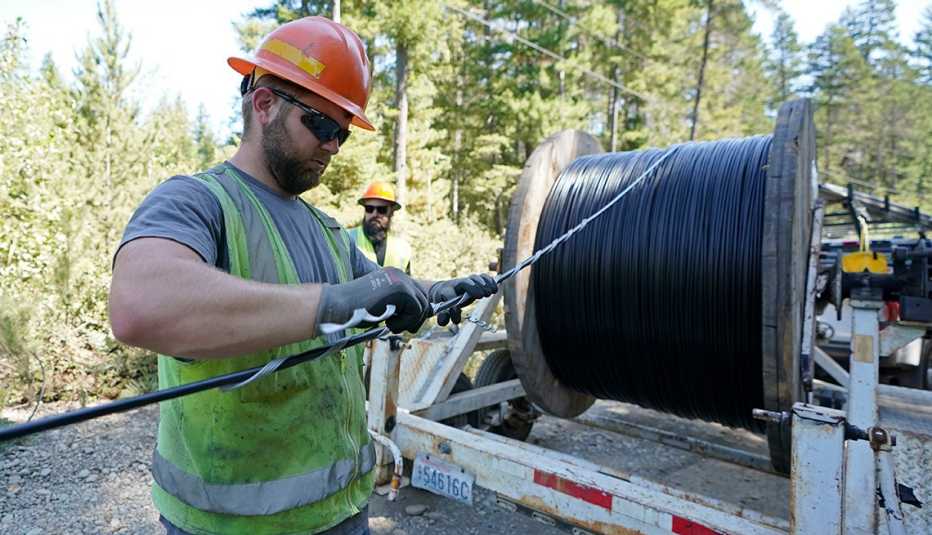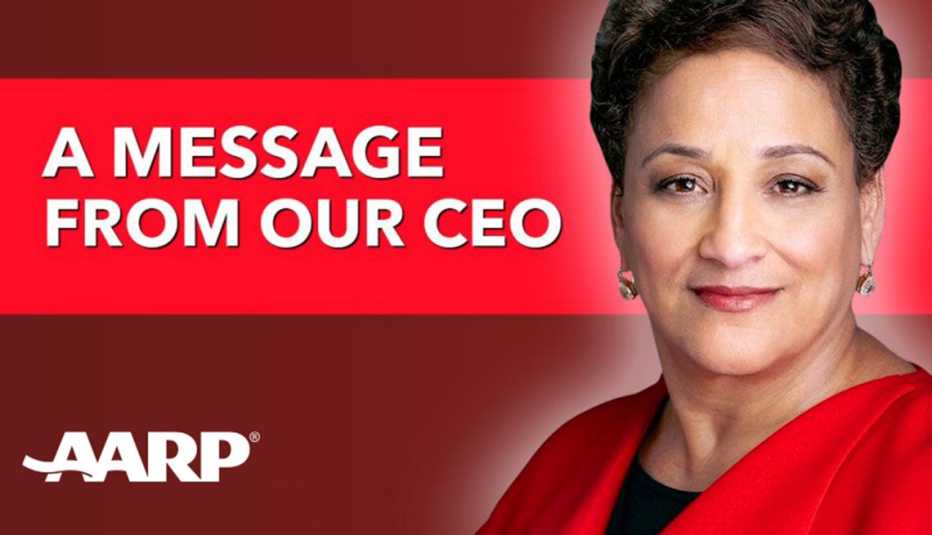AARP Hearing Center
Kenneth Terrell,
Widespread unemployment last year due to the COVID-19 pandemic is a reason why the trust funds that help pay Social Security retirement and disability benefits could run short of money in 2034, one year earlier than previously projected, according to the annual report from the Social Security trustees overseeing the funds.
The trustees cited the wide-ranging impact of the pandemic as one of the causes of the earlier date for the shortfall of the Social Security retirement and disability trust funds. Because Social Security benefits are funded with money deducted from the paychecks of workers (with additional contributions from their employers), high unemployment means fewer people are contributing to the programs’ coffers. More than 22 million people were out of work in April 2020, and the national unemployment rate remained high until COVID-19 vaccines became widely available earlier this year.
The trustees also found that increases in deaths, decreases in births, and lower immigration — all due to COVID-19 — also played roles in the analysis that moved the shortfall in the retirement and disability trust funds forward by one year.
“The trustees’ projections in this year’s report include the best estimates of the effects of the COVID-19 pandemic on the Social Security program,” Social Security Administration Acting Commissioner Kilolo Kijakazi said. “The pandemic and its economic impact have had an effect on Social Security’s trust funds, and the future course of the pandemic is still uncertain.”
“Social Security and Medicare are more crucial than ever for older Americans. Social Security is the only guaranteed source of retirement income, and Medicare provides the critical health coverage that seniors rely on and need,” AARP’s CEO Jo Ann Jenkins said. “Today’s trustees’ reports show that both programs are strong, but there are longer-term funding challenges to contend with. Any discussion about Americans’ earned benefits demands public input and a full and open debate.”






































































